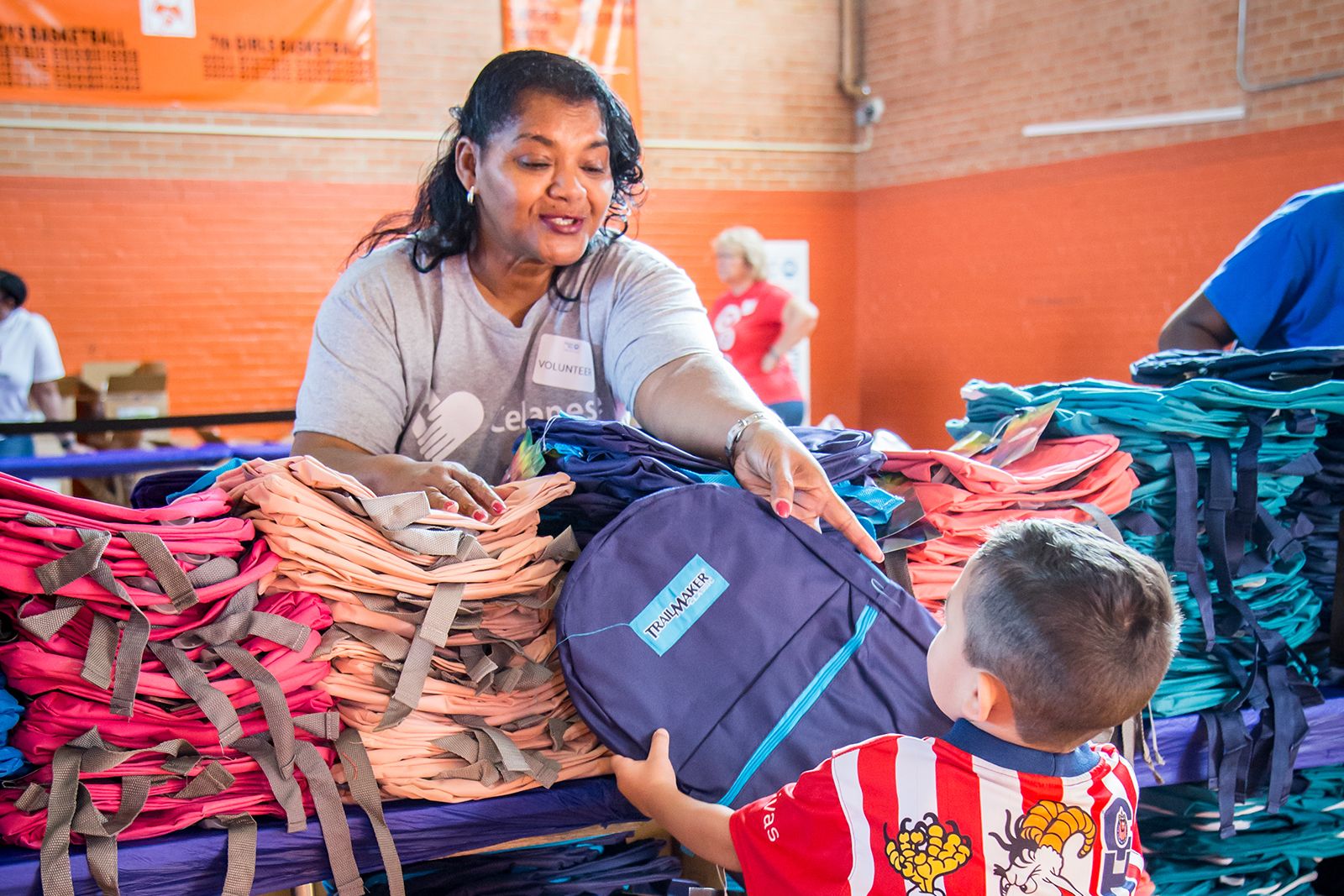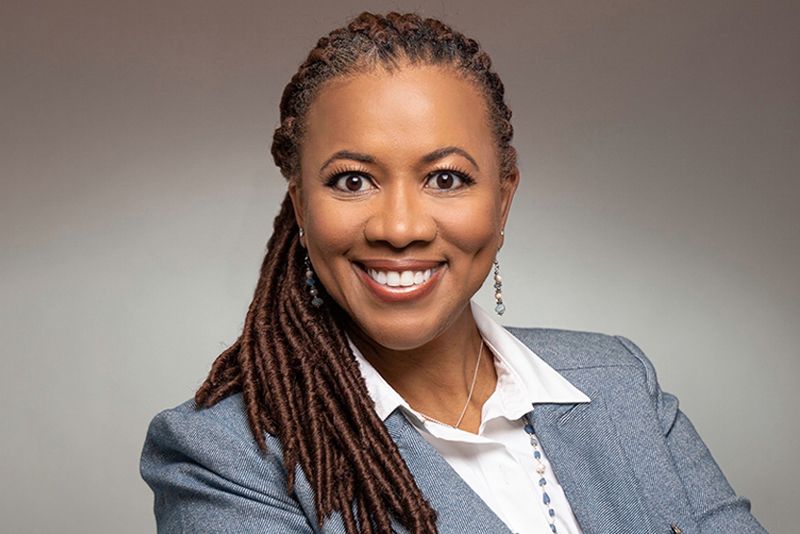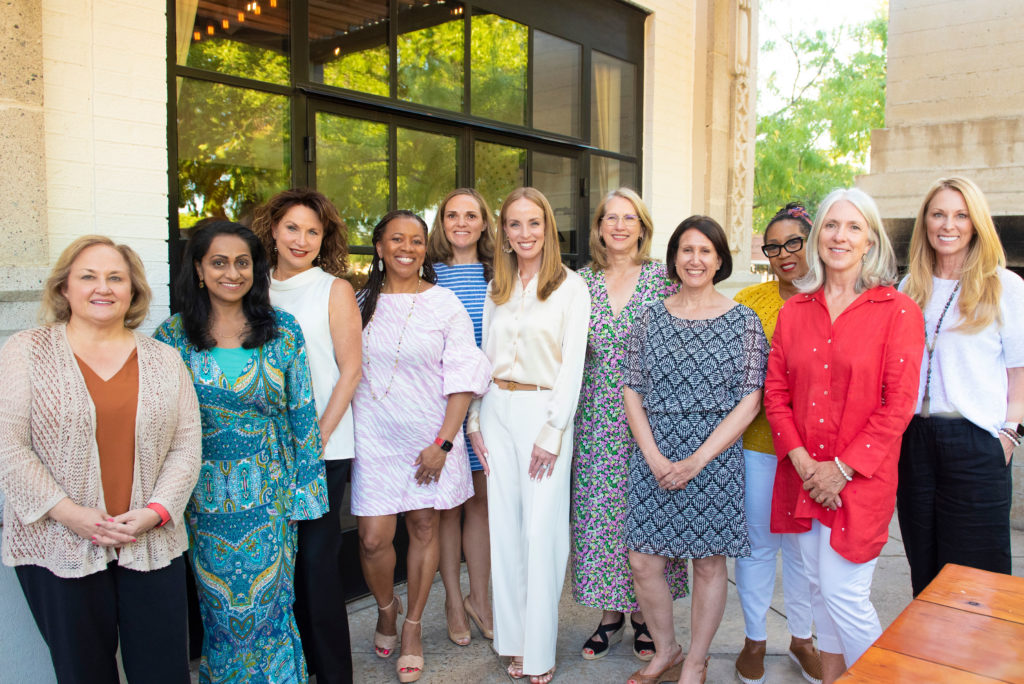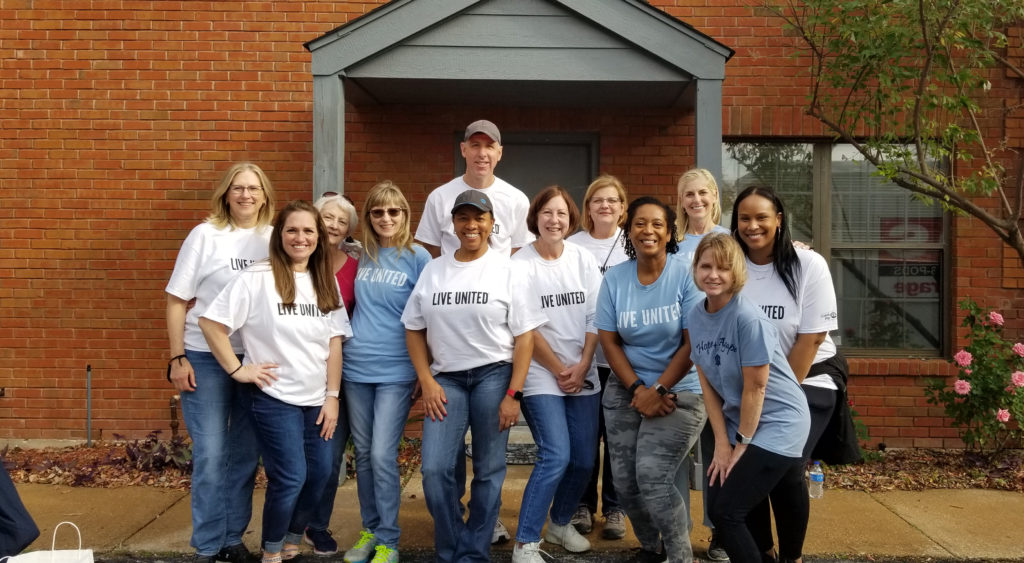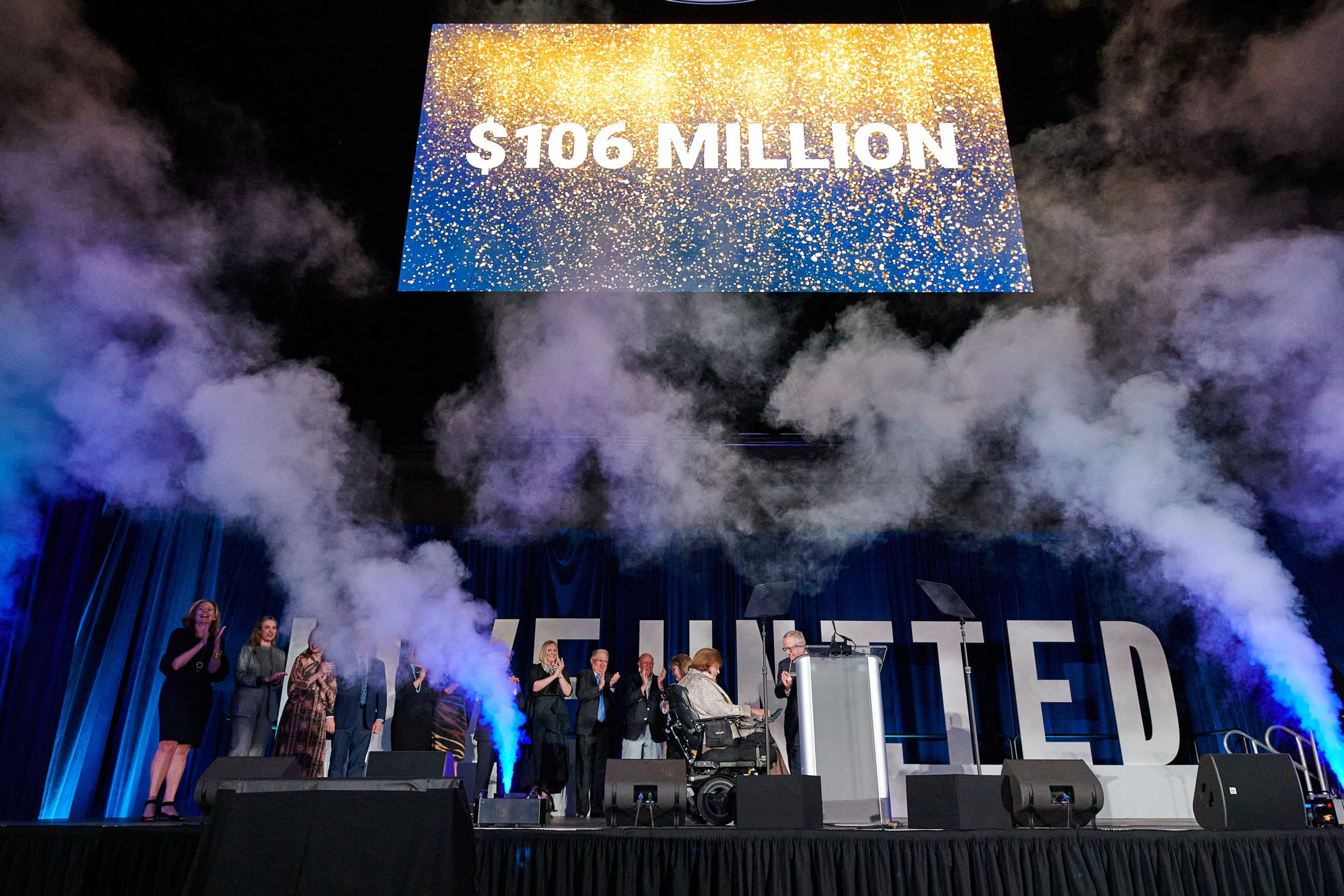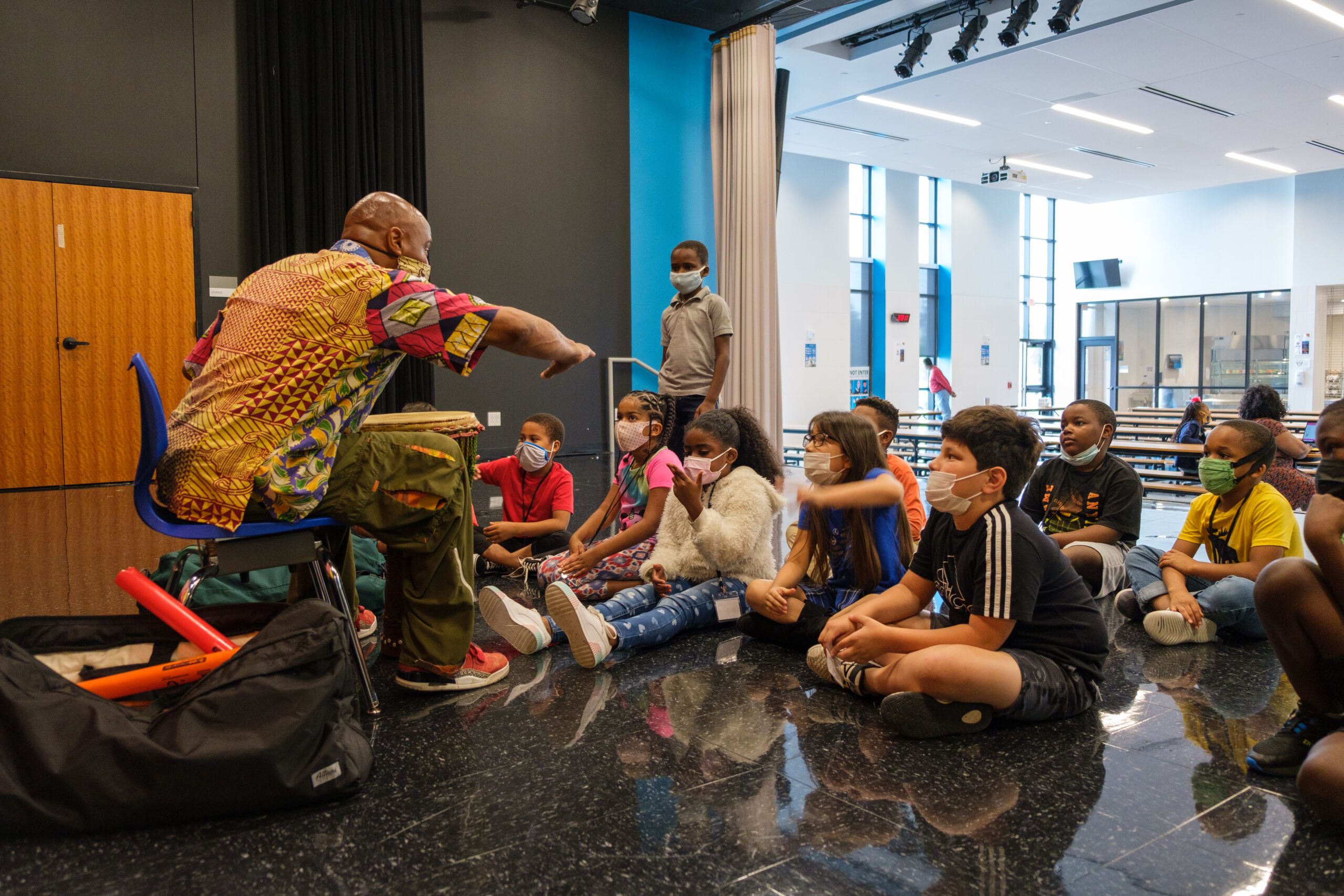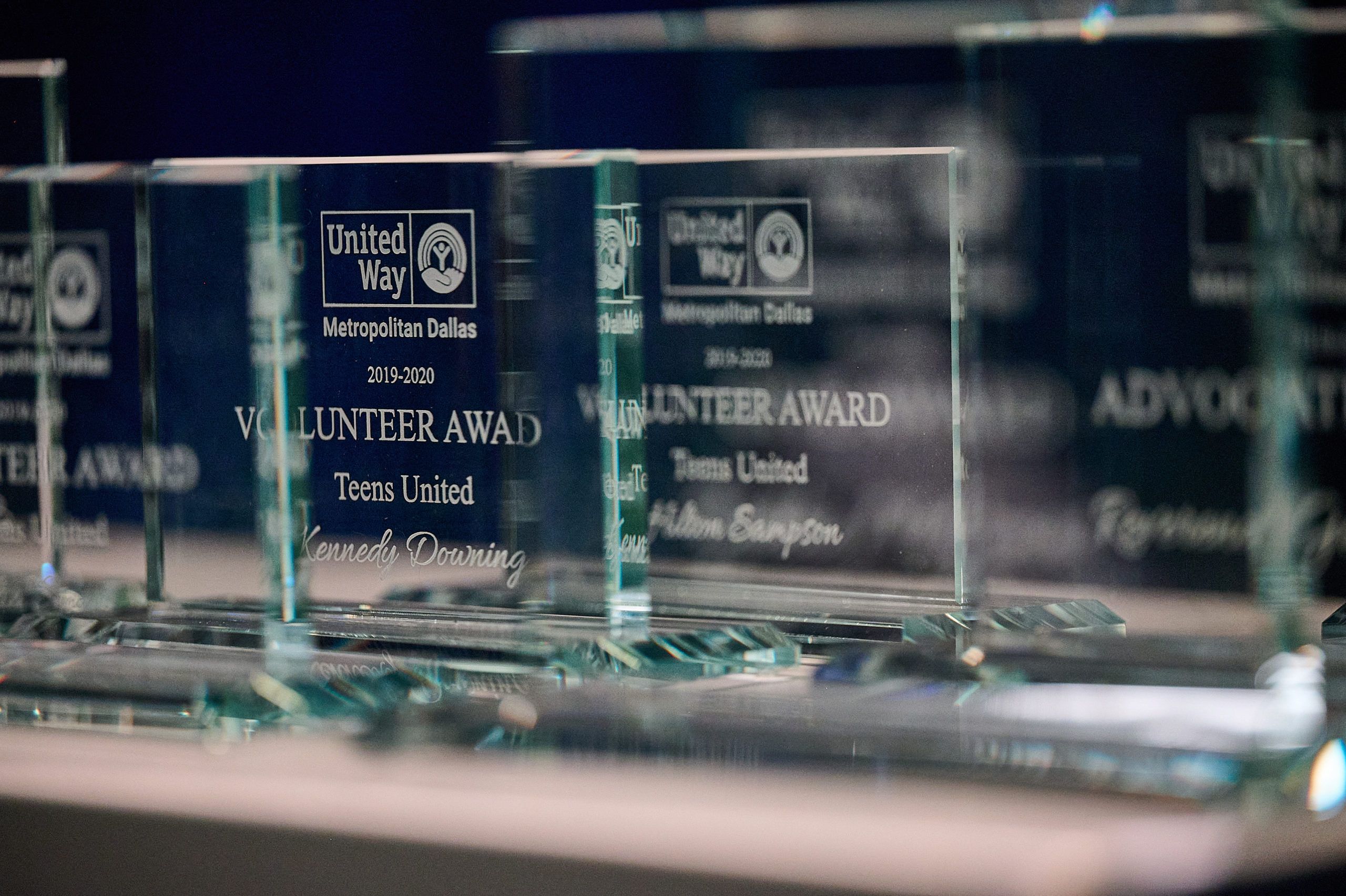Checking in on Pandemic-Related Learning Loss
For parents and teachers alike, learning loss has been a leading concern since the earliest days of the COVID-19 pandemic. With all the stress and disruptions of 2020 and 2021, we all feared that the students in our community would fall behind, potentially for years to come.
While many students did experience learning loss in the first years of the pandemic, the Texas Education Agency recently released some very welcome news: This spring, Texas students’ standardized test scores in reading and math moved closer to pre-pandemic levels. That’s especially notable considering that in 2021, the same test results fell to levels not seen in at least 10 years.
This is good news for United Way of Metropolitan Dallas and our supporters, as we work toward ensuring more students in North Texas graduate ready for success in college or a career.
Learning Loss by the Numbers
Unfortunately, early pandemic-era testing numbers indicated that students were struggling to adjust to the new normal. In the fall of 2020, the Texas Education Agency found that Texas elementary students had experienced significant learning loss in reading, math and science. Fifteen percent fewer third graders were reading at grade level, and 31% fewer fourth graders were meeting their grade level for math.
This was a huge step back for our students. However, in the last two years, parents, teachers, community organizations like United Way of Metropolitan Dallas and the community as a whole have come together to support kids in their learning journey. Students attended longer class days and took on extra assignments. Parents worked more closely than ever with their kids to get them caught up. United Way and other organizations launched and expanded reading programs and experiential learning initiatives to ensure students bounce back from the pandemic.
As a result of these efforts, this year’s results for the State of Texas Assessments of Academic Readiness (STAAR) test show noticeable improvement in the areas of reading and math:
- In reading, 52% of all students met grade level or above, representing a 9-percentage point increase from the previous year.
- In math, 40% of all students in grades 3-8 met grade level or above this year, a 5-percentage-point increase from the previous year.
In North Texas, STAAR results tended to mirror the state-wide trends, with up to 10% improvement in the percentage of students meeting expectations for their grade.
Creating Opportunity for North Texas Students
At United Way of Metropolitan Dallas, we’ve led a movement to improve access to education—as well as income and health—for nearly 100 years. We recognize that education is one of the building blocks of opportunity, affecting everything from how much a student will go on to earn in their career to the quality of health insurance their family will one day enjoy.
When COVID-19 hit North Texas, we quickly saw the importance of supporting students throughout the pandemic and beyond. We ramped up existing programs that promote early literacy and launched new initiatives aimed at reengaging students with school. Through this and other work, we gave the entire North Texas community an opportunity to lift up students who were at risk of falling behind.
Examples of these efforts include:
Once Upon a Month: This partnership with Ferst Readers and The Boone Family Foundation provides children ages 0-5 with one free children’s book every month for a year, along with parent guides in both English and Spanish. The resulting interactions stimulate curiosity, language development and the learning skills needed for kids to succeed in both school and life. Since May 2017, more than 10,000 children have enrolled in the program and more than 46,000 books have been distributed.
Vooks partnership: We’ve partnered with Atmos Energy and Vooks, the leading streaming service for children’s books, to provide access to a free, one-year subscription for children ages 3-6 and early education teachers. In the first year of the program, 1,025 parents and 100 early education teachers signed up for subscriptions, helping improve early literacy for nearly 4,000 North Texas children.
Heal Play Learn: Funded by Texas Instruments Foundation, this partnership with Educate Texas and CoSpero Consulting is designed to encourage students’ social and emotional wellness, physical activity and engagement with science, technology, engineering, arts and math (STEAM). In the second summer of programming, about 1,000 students in Cedar Hill, DeSoto and Lancaster school districts get to enjoy incredible, world-class programming that includes science experiments, cooking classes, dance and music classes, and more.
Southern Dallas Thrives student support: As part of our partnership with The PepsiCo Foundation and Frito-Lay North America in Southern Dallas, we engage high school students by providing academic enrichment, career mentorship and workforce centered experiences to increase youth workforce preparedness. In addition, Southern Dallas Thrives works with our corporate partners to expose students to college resources and opportunities to encourage academic success after high school.
These and other United Way programs directly engage students with school and encourage them to fall in love with learning—which today is more important than ever.
“This has been an incredibly disruptive couple of years, with the pandemic and so many other things that have affected all of our lives, but most particularly the lives of students,” says Susan Hoff, chief strategy and impact officer at United Way of Metroplitan Dallas. “With the disruption in learning—our brains can only do so much when we’re stressed. Getting kids reconnected—through social-emotional support, through hands-on learning, through fun activities—is critically important for their long-term learning and addressing learning loss.”
Join Our Movement to Improve Education in North Texas
Together, we can continue to ensure more local students have the resources and support necessary to succeed. Join us today to make a lasting impact on education right here in our community.
- Give: Sign up to make a monthly donation to United Way of Metropolitan Dallas to directly support our community-wide movement. It doesn’t take much: For example, just $36 a month provides a child with 12 books a year through Once Upon a Month, preparing them for school and early reading.
- Advocate: Subscribe to our Advocacy Updates, and we’ll provide timely information on our top policy priorities, plus notifications on when and how to contact your elected officials.

